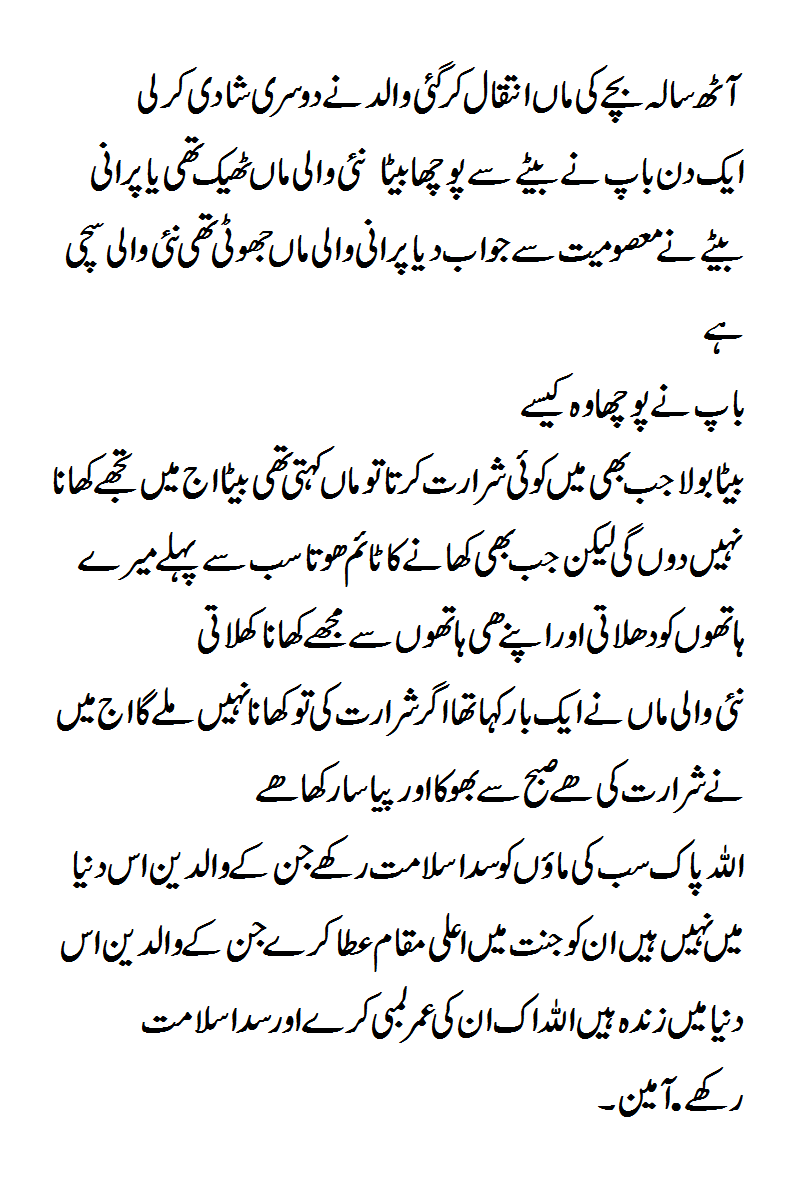This article highlights the deficiencies in the laws relating to the custody of children in Pakistan. It argues that deficiencies in the Guardians and Wards Act 1890 allow the courts to exercise wide discretion, thereby leading to contradictory judgments. After separation between parents, custody is the major issue affecting the children’s well being.
Pakistan, however, lacks detailed laws about issues relating to custody of children. The Guardians and Wards Act 1890 gives a few rules regarding custody and the rest is left to the discretion of the courts which occasionally results in contradictory judgments.
Due to the lack of detailed rules in the statutes, the litigants have to resort to case law to find out rules regarding custody. This article analyses the relevant provisions of the Act along with the case law to point out legal lacunas. It also analyses the proposed legal reforms regarding custody of children.
The lacunas present in Pakistan’s child custody laws necessitate legislative and judicial intervention. This paper relies on both statutory provisions and judicial precedents to highlight the approach employed to address the issue of custody. The Guardian and Wards Act 1890 governs disputes relating to child custody.
The Act, however, is marked by several deficiencies. These include the Act’s failure to distinguish between custody and guardianship. Custody and guardianship can be distinguished as following: custody is the bringing up, nursing or fostering of the child and
taking care of the child’s emotional and personal affairs on a day to day basis whereas guardianship means the power to effect legal transactions and contracts with responsibility for the legal consequences. Unlike guardianship, in custody, the child must

live with the custodian. In cases regarding custody, the best interests of the minor are given primary consideration. While courts often rely on the Act when adjudicating upon matters pertaining to custody of Children, the Act does not explicitly address the issue of custody.
As a result, the courts have often applied provisions pertaining to guardianship to matters of custody too, thereby diluting the distinction between the two. Custody is, therefore, considered a kind of guardianship by Pakistani courts. A guardian is defined by section 4 of the Act as ‘a person having the care of the person of a minor, or of both his person and property’.